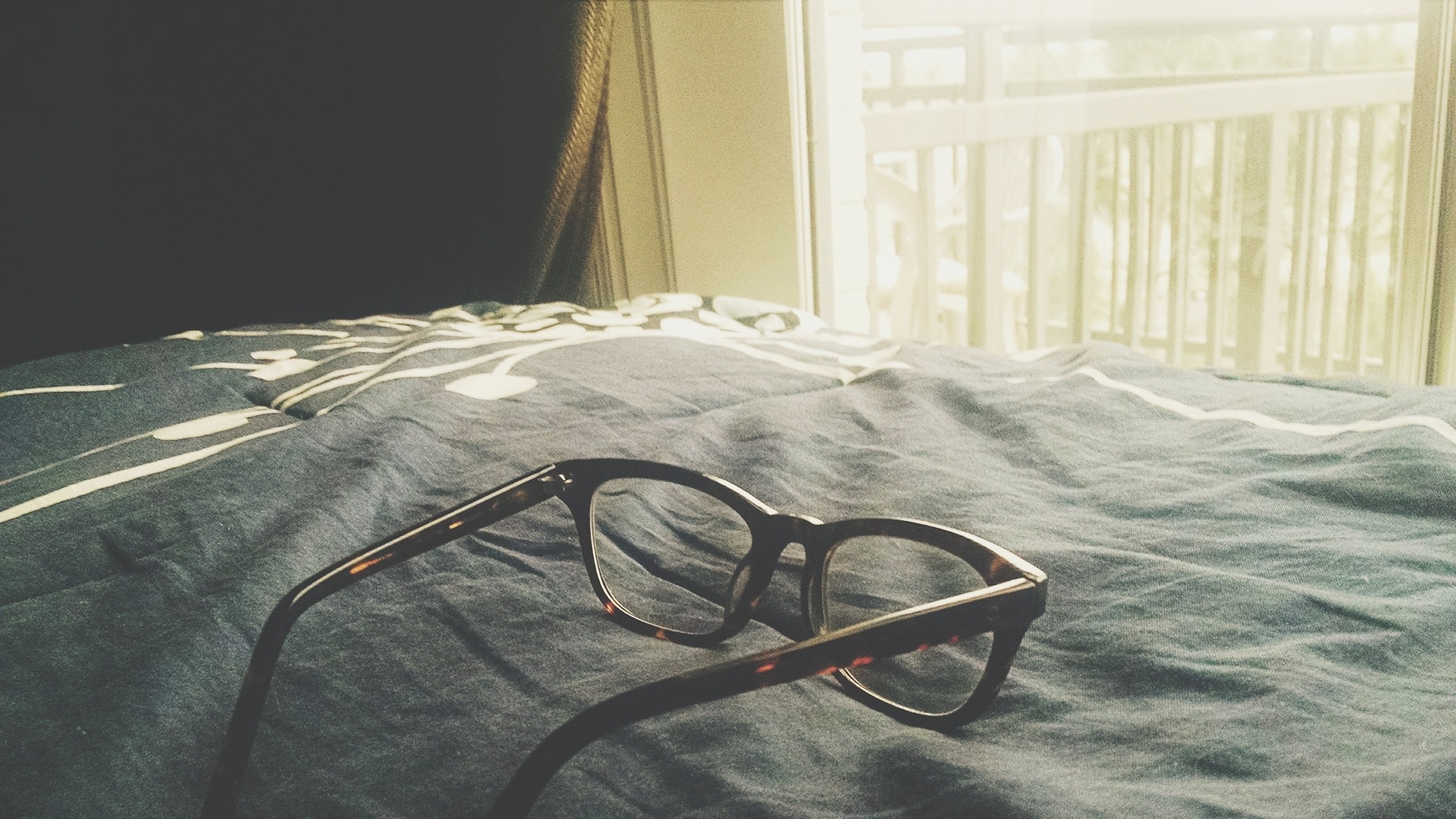
21 Jan Digital detox to reduce blue light exposure and improve sleep
One of things everyone tell us on our digital detox retreats is “I slept so well! I haven’t slept that well in ages.” Time and time again, those who do digital detox find that sleeping sounder and deeper, as well as waking up more refreshed and rested, is a key feature of the experience.
What is it about using our digital devices that keeps us awake? It’s not actually the phones and tablets themselves but the blue light that emits from digital screens that is interfering with our sleep patterns and making us increasingly more sleep deprived.
What is blue light?
Blue light is a specific kind of high-energy light that falls between 400-500nm on the visible spectrum. Blue light is not an artificial light, it occurs naturally as sunlight and helps us, and all other life on the planet, to distinguish between day time and night time.
Blue light is specifically responsible for managing our circadian rhythm, which determines when we should be awake and when we should sleep. Exposure to this natural blue light during the daytime is proven to help improve our cognitive abilities and keep us alert and awake. As blue light is emitted by the sun, it is only natural that we are exposed to less blue light in the evening, so our bodies slow down and prepare for sleep.

Why does blue light keep you awake?
As the day ends and the evening draws in, part of the brain – the pineal gland – starts to release melatonin, which is a hormone that reduces alertness in order to help induce sleep.
Blue light, however, has been proven to suppress this slow release of melatonin, leaving us more alert and awake, as well as struggling to sleep and feeling tired the next day.
How do we combat blue light?
Blue light is commonly used in screen-based devices, especially more modern screens such as LED TVs, tablets and smartphones. Even LED lightbulbs, which have been widely adopted as they are low-energy, have been shown to emit high levels of blue light.
A recent study with teenagers found that if they got more than four hours of screen time in a day, they were more than 3 times more likely to get a poor night’s sleep.
95% of adults in the US even admit that they use some sort of screen-based tech in the hour before they go to bed – but this shouldn’t be the case. We should be disconnecting from our devices long before bed, with phones not even being permitted in the bedroom.




Sorry, the comment form is closed at this time.